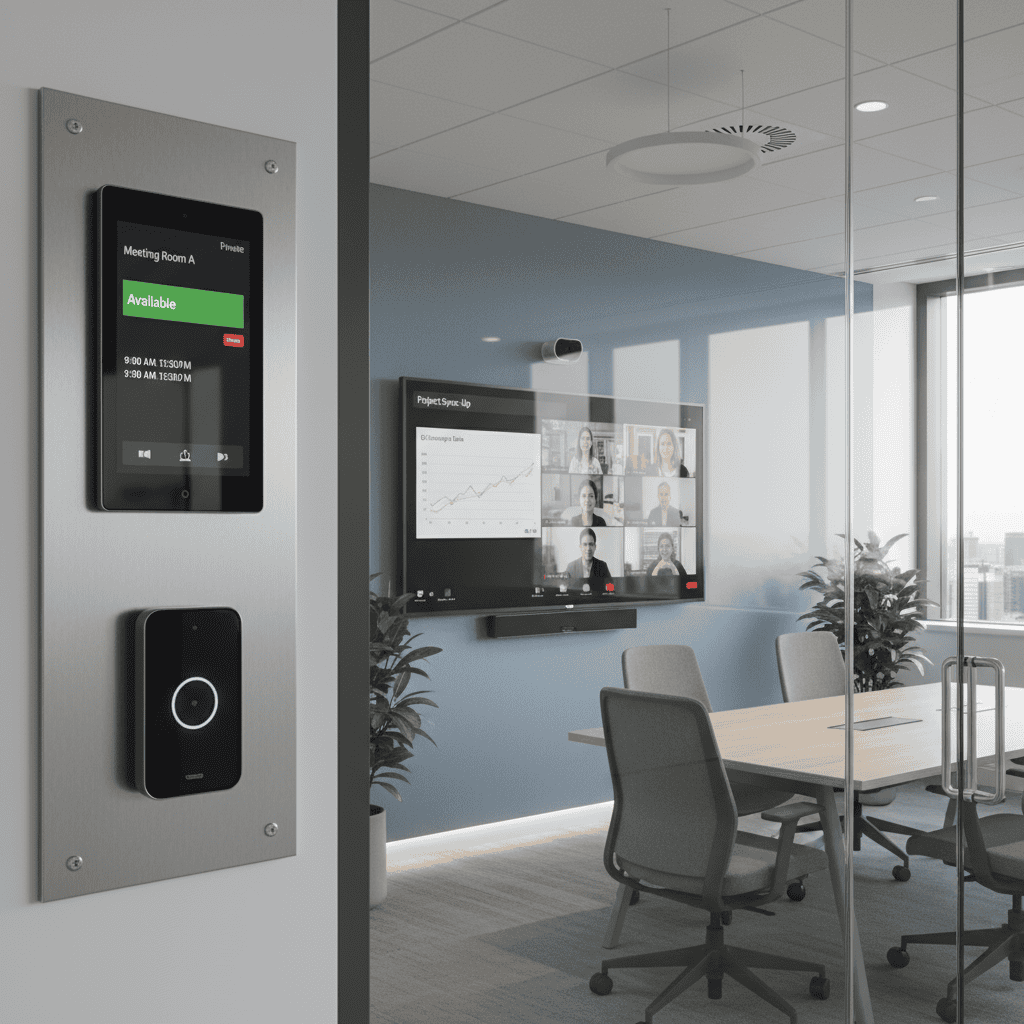IT Infrastructure | To Outsource, or Not to Outsource?

If you own a business, you likely know how much you rely on your Information Technology infrastructure. From internet connectivity to cybersecurity, your IT systems comprise the skeleton of your operations: you must ensure they’re built and maintained perfectly, or your operations can collapse.
The pandemic unveiled the weaknesses of the business world’s IT structures and the risks the situation posed, and businesses had to patch up the said infrastructure afterward. In cases where in-house teams were either absent or insufficient, external specialized IT vendors filled the gaps as organizations began outsourcing their tech infrastructure.
If you’re wondering whether your business needs to enlist the help of such experts, keep reading as we’ll discuss the benefits and considerations associated with such outsourcing activities below.
What is IT Infrastructure Outsourcing?
Your IT infrastructure covers your hardware and software assets, phone systems, internet setup, etc. When you outsource your company’s IT, you essentially delegate the configuration and management of all these Information Technology systems to an IT provider rather than managing them in-house. You can assign one or more vendors for tasks like:
- Cybersecurity. This includes security assessments, patch management and deployment, application review, firewall management, and Vulnerability Management Software to store and secure user data;
- Digital access control;
- Disaster recovery plans. These include creating and storing backups and having the right file recovery tools;
Employees’ mobile and laptop management. These ensure a safe connection and compatibility with the company’s system.
All the services you enlist will be customized per your organization’s unique needs. Your IT partner will visit your organization to thoroughly understand your setup and business operations, discuss any issues you may be facing, and design a plan accordingly.
Why Outsource IT Infrastructure
Outsourcing is particularly beneficial for smaller firms that can not afford to manage and maintain in-house teams. However, all organizations will gain certain advantages, such as:
Access to Better Talent
Outsourcing is particularly beneficial for smaller firms that can not afford to manage and maintain in-house teams. However, all organizations will gain certain advantages, such as:With every firm looking to attract the best IT talent, the competition is high, and in such a condition, hiring a skilled tech-proficient labor force will be costly for you. A stunning 42 percent turnover rate implies that retaining the best IT talent is no easy feat either.
On the other hand, specialized IT firms dedicate themselves to investing in the most proficient workers. They will have an expert workforce assembled, ensuring you get the best return on your investment.
Resource-Efficiency
IT service providers must keep their systems updated and their employees equipped with the latest skills to stay competitive in the market. As a result, by opting to work with them, you save yourself the effort and costs associated with repeatedly training your staff and proceeding with a trial-and-error approach. This makes outsourcing much more efficient: you save on resources, optimize your employee’s talent, and focus more on core business aspects.
Staying Up-to-Date
The tech industry is ever-transforming, with newer, more robust software entering the market at an unprecedented pace. Regulatory changes are following these developments as well. Organizations not directly dealing in IT do not prioritize tracking such dynamics; as a result, their systems stay backward, making them prone to external attacks and internal failures. In such a case, you likely won’t be training your staff to deal with the latest threats and run the newest software. Compliance risks will exacerbate in such situations too.
In contrast, when you outsource your IT infrastructure management, you essentially hire a service provider to keep your systems patched up and updated and your practices compliant. This will enable you to stay competitive in the market and protect against the security and non-compliance risks legacy IT systems face.
Better Data Safety, Business Continuity, and Disaster Recovery
With experts actively handling your business’s IT operations, your data will be safer against cybersecurity threats. They’ll be responsible for timely, secure backups, preventative maintenance, and creating disaster recovery plans. Given their proactive approach and experiences with countless other agencies, they’ll know how to minimize your downtime in case of a disaster.
Things To Consider Before You Outsource Your IT Infrastructure
Involving other companies in your firm’s operations is a big decision. You need to tread carefully and consider the following in detail before you choose a vendor to partner up with:
Security
Dealing with data and networks is a sensitive business. When outsourcing IT, you must ascertain that the vendor prioritizes your data’s safety and confidentiality. Instead of communicating through emails after looking through their website, arrange meetings with them and discuss your needs in detail.
You also need to assess the clients your chosen vendor has taken on before as if they have experience with sensitive organizations like banks and government; you’ll know their security is up to the mark. If they haven’t, look into their client testimonials and conduct thorough research into their methodology. You do not have to give them access to all your data; plan your approach carefully.
Reliability
Your IT partner’s conduct will determine how smoothly your day-to-day operations run. Take note of their response time and demeanor when contacting them and look for cues regarding their availability in client testimonials. You must ensure the availability of 24/7 customer support and up-to-the-mark management as IT disasters can strike anytime.
It’s also in your best interests to work with someone with experience in your industry, as these service providers will be updated on the latest practices and regulatory standards specific to your line of work.
Budget
It’s financially infeasible for smaller and newer firms to develop an in-house IT team. However, outsourcing should not entail unnecessary budget cuts either.
Decide on an adequate budget according to the scale and state of your IT systems. If you’re going for the cheapest IT services or packages out there, you likely won’t get the right talent and the availability of optimal resources dedicated to your firm. Your investment will only go to waste as your core problems remain unaddressed.
In contrast, prioritizing value over cost will ensure you get what your business needs to run efficiently and safely. This can generate savings and let you avoid future costs and disasters. So, assess the scale and state of your IT systems, look at the broader picture, keep your long-term growth in mind, and then set a reasonable budget.
Future Casting
It’s essential to consider what goals you plan to achieve in the future with outsourcing and how your demand may change over time. Forecasting and laying out any plans regarding expansion will give you a clearer financial picture and your IT partner a transparent view of their role in your growth. Develop targets and predict your demand so that you can negotiate with your supplier and monitor their performance accordingly.
About i.e.Smart Systems
i.e.Smart Systems is a Houston, TX based technology integration partner that specializes in design and installation of audio/visual technology and structured cabling. For more than three decades, our team of in-house experts has partnered with business owners, architectural firms, general contractors, construction managers, real estate developers, and designers in the Houston market, to deliver reliable, scalable solutions that align with their unique goals.




